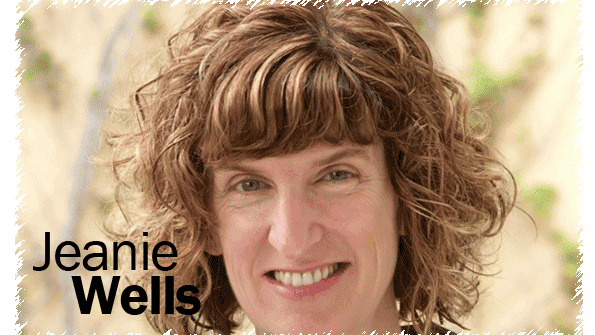
Look around your management team meeting. Is everyone engaged in the conversation? Or are they looking at their phones as the meeting winds its way through a parade of topics or check-ins? We invest payroll and time in these meetings, so let's make sure that we leverage that investment into a valuable and productive use of time. It's good for the organization and for the participants!
Management team members wear many hats. Their department manager hat requires fulfilling the department's financial and staffing goals. But those who sit on a senior level management team wear another important hat that comes with additional responsibilities. It requires their participation in high-level discussions, strategic planning and thoughtful stewardship of the organization as a whole. It requires them to hone different skills and fully participate as a team member and not just an attendee.
Often we use too much of our allotted management team meeting time in a go-around of "check-ins" from each department. And while it is important to know what is happening around the store(s),  this activity by itself just reinforces the idea that it is a group of individuals rather than its own team with its own important work to accomplish. To guarantee that your management team is highly functioning and effective, ensure these four components:
this activity by itself just reinforces the idea that it is a group of individuals rather than its own team with its own important work to accomplish. To guarantee that your management team is highly functioning and effective, ensure these four components:
A common and meaningful purpose
A clear purpose is critical for any team. Knowing a team's specific role and responsibilities helps the team sort and delegate the unending stream of discussion topics so that you spend your time working on the ones that are most important to your role in the organization.
Specific performance goals
Having common team goals to work on brings meaning, alignment and effectiveness. Without goals to monitor and strategize for, the meetings can feel aimless. But having quantifiable goals that the team is responsible for achieving helps build a true team feeling as well as accomplishing things that the organization needs. Decide what your team's goals are for the year and include them in your team's calendar to ensure they are tracked and completed.
Agreed upon operating rules or guidelines
Have clear expectations of team members. Written guidelines or codes of conduct can reduce misinterpretations about basic things like attendance and participation and also about more overarching things such as professionalism and respect. Write down the expectations and have each team member sign her or his commitment to following them.
Mutual accountability
Naturally, the general manager must hold team members accountable to team agreements. But a good general manager should encourage peer-to-peer accountability as well. When the general manager is always the one to prod, judge and ensure goals are monitored, it creates more of a parent-child atmosphere. That imbalance breeds ineffectiveness and dysfunction by creating the expectation that any team performance problem will be "taken care of" by the general manager. Team members need to collectively own responsibility for the team's work.
Having stated goals and expectations, followed by empowered team members holding the group responsible for fulfilling their goals, unleashes a high level of productivity and effectiveness. That feels great and helps the organization continually improve.
About the Author
You May Also Like
.png?width=700&auto=webp&quality=80&disable=upscale)





